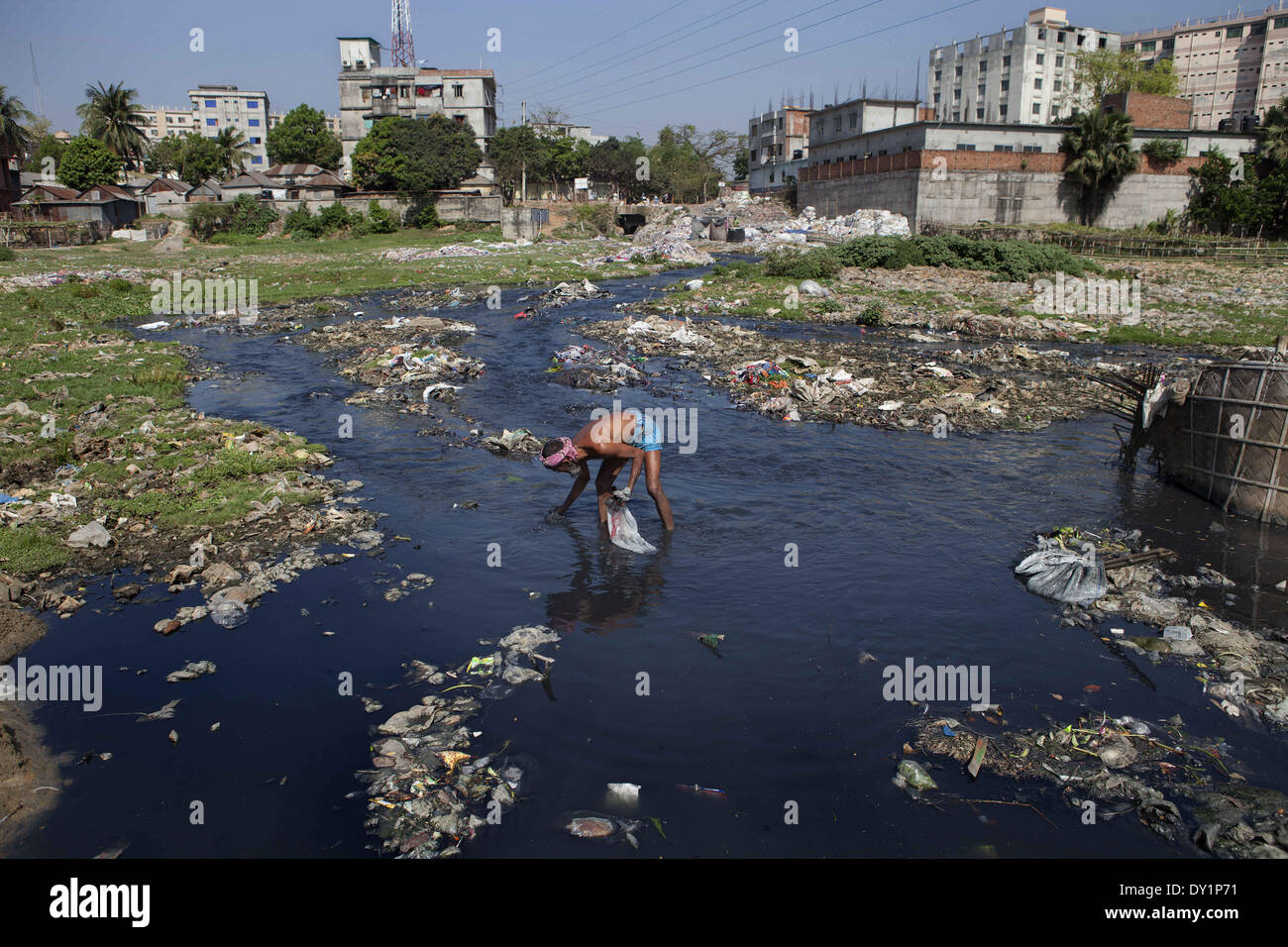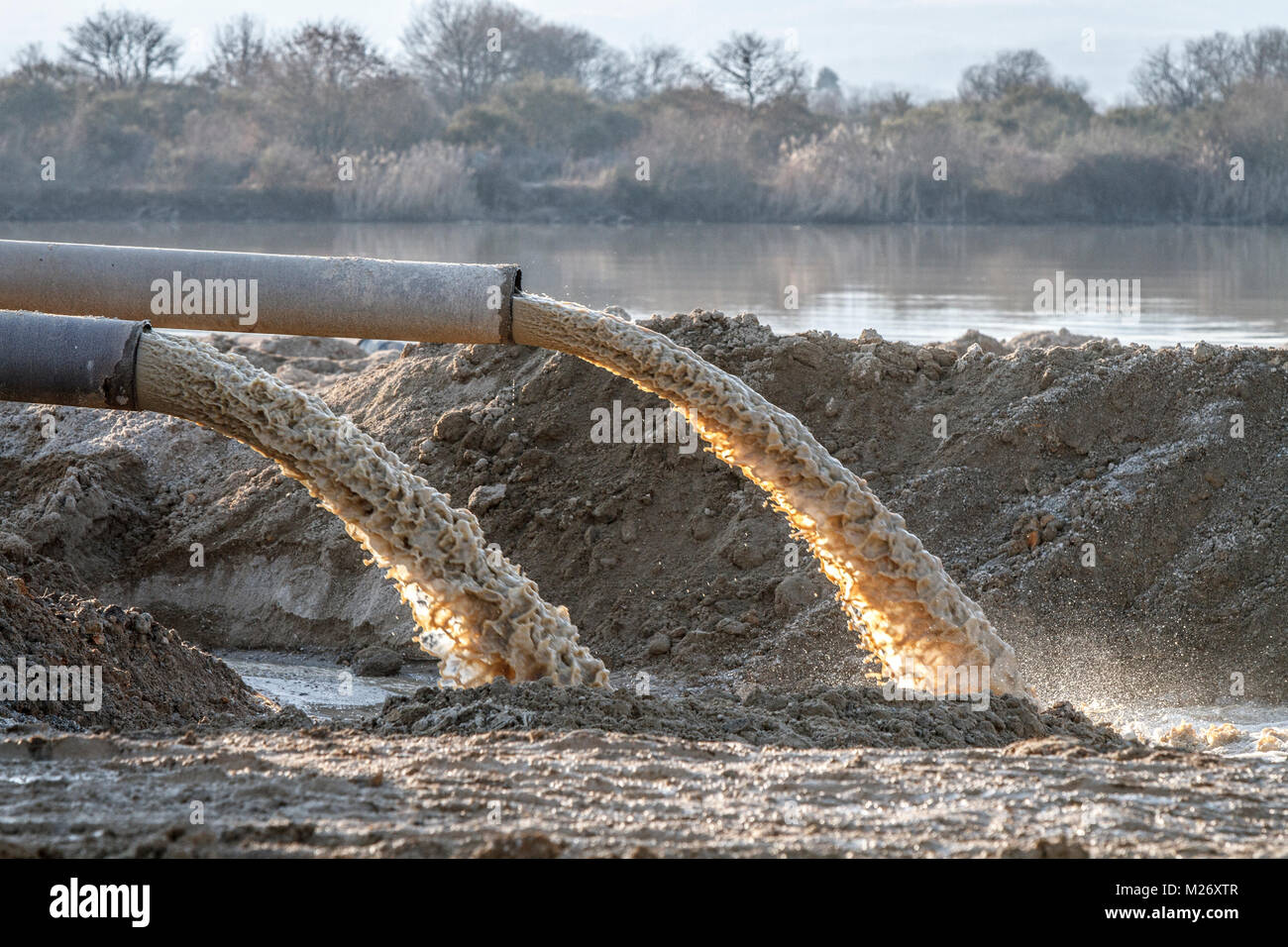Understanding the Comprehensive Process of Liquid Waste Disposal: Best Practices and Environmental Effect Factors To Consider
The monitoring of fluid waste disposal is a diverse issue that needs a thorough understanding of various ideal techniques and their linked ecological influences. From the kinds of fluid waste created to the methods utilized for collection, therapy, and last disposal, each action plays a critical role in protecting ecosystems and public wellness.
Sorts Of Fluid Waste
Recognizing the different kinds of liquid waste is crucial for efficient administration and disposal practices. Fluid waste can be generally classified right into a number of types, each needing distinct handling and therapy techniques.
Industrial fluid waste often has unsafe products, including heavy metals, solvents, and chemicals, produced throughout making procedures. These wastes require stringent governing conformity to secure human wellness and the environment. Domestic fluid waste mostly refers to wastewater produced from homes, consisting of sewage and greywater, which, although much less harmful, can still present significant dangers if improperly taken care of.
Agricultural liquid waste, consisting of overflow from ranches, typically has plant foods and pesticides that can cause ecological destruction otherwise treated properly. Clinical liquid waste, produced from healthcare centers, consists of infected fluids such as physical fluids and chemicals, calling for specialized disposal methods to stop infection and environmental contamination.
Last but not least, oil and oil waste, commonly produced by dining establishments and auto sectors, can create serious blockages in drain systems otherwise managed correctly. Comprehending these categories helps with targeted methods for treatment, conformity with laws, and effective disposal techniques, inevitably advertising environmental sustainability and public health and wellness safety.

Collection Approaches
Reliable collection techniques are crucial for the appropriate monitoring of liquid waste, making sure that it is collected safely and efficiently prior to treatment or disposal. Numerous methods are utilized relying on the kind of liquid waste created, the volume, and the particular attributes of the waste.
One common approach is using specialized collection containers or sumps, which are created to record fluid waste at the source. These systems commonly include pumps that help with the transfer of waste to larger storage containers or treatment facilities. Furthermore, mobile collection devices furnished with vacuum technology are employed in situations where waste is generated periodically or in hard-to-reach locations.
For commercial setups, closed-loop systems can properly minimize leaks and spills, enabling the healing and reuse of liquid waste. It is likewise vital to train employees on correct collection methods to alleviate threats linked with dangerous substances.
Moreover, executing routine maintenance schedules for collection tools guarantees optimum performance and security. The combination of innovative monitoring systems can boost collection performance by supplying real-time data on waste levels and prospective hazards. On the whole, efficient collection techniques are fundamental to lasting fluid waste monitoring practices.
Treatment Procedures
Therapy procedures play an important role in the monitoring of liquid waste, changing potentially hazardous products into safe effluents or recyclable sources - liquid waste disposal. These processes can be broadly classified right into physical, chemical, and biological methods, each customized to resolve certain impurities existing in the waste stream
Physical therapy methods, such as sedimentation and filtration, work by eliminating put on hold solids and particulate issue. These techniques are usually the first action in the therapy chain, efficiently minimizing the load on succeeding processes. Chemical treatments include making use of reagents to neutralize unsafe materials, speed up heavy metals, or oxidize natural toxins, consequently boosting the security of the effluent.
Organic treatment procedures, consisting of activated sludge systems and anaerobic digestion, maximize the all-natural capacities of microorganisms to degrade natural issue. These techniques are particularly efficient for wastewater containing eco-friendly contaminants. Advanced treatment technologies, such as membrane more information filtration and advanced oxidation processes, are progressively employed to attain higher degrees of filtration.
Incorporating a mix of these therapy techniques not only ensures conformity with regulative standards however likewise advertises ecological sustainability by recouping important sources from liquid waste.
Disposal Options
Just how can organizations make sure the secure and responsible disposal of liquid waste? Efficient disposal options are crucial for securing public wellness and the setting. The main techniques include land therapy, incineration, and disposal complied with by discharge right into municipal wastewater read systems.
Land disposal involves the careful control of liquid waste in marked landfills, making certain that it does not seep into surrounding soil or water. Incineration, on the other hand, subjects fluid waste to high temperatures, transforming it into ash and gases, which call for proper purification to minimize emissions. This technique is suitable for hazardous wastes that can not be dealt with via traditional ways.
In instances where fluid waste can be dealt with, companies may go with biological or chemical treatment processes to counteract unsafe elements before releasing the treated effluent right into local systems. This route normally aligns with governing needs, guaranteeing that the effluent satisfies safety standards.
Ultimately, organizations must carry out thorough analyses of each disposal choice to establish its feasibility, taking into consideration factors such as waste composition, governing compliance, and possible dangers to wellness and the setting. By choosing appropriate disposal techniques, companies can contribute to an accountable waste management technique.
Ecological Impact
The environmental influence of fluid waste disposal is a crucial factor to consider for organizations seeking to decrease their environmental footprint. In addition, the discharge of neglected or improperly treated waste right into surface area waters can result in eutrophication, leading to browse around here oxygen depletion and the subsequent death of fish and other organisms.

To minimize these influences, organizations need to adopt ideal methods such as implementing strenuous waste treatment procedures, promoting recycling and reuse, and sticking to governing standards. By taking a positive approach to liquid waste management, entities can substantially decrease their ecological footprint while supporting lasting growth objectives. Eventually, a comprehensive understanding of the environmental effects related to liquid waste disposal is necessary for educated decision-making and liable stewardship of natural deposits.
Verdict
Effective administration of liquid waste is vital for guarding ecological honesty and public health and wellness. Ultimately, a thorough understanding of liquid waste disposal not only mitigates ecological effects yet likewise fosters a commitment to responsible resource management and ecological stewardship.
The monitoring of fluid waste disposal is a multifaceted problem that needs a complete understanding of numerous best techniques and their connected ecological impacts. From the kinds of fluid waste created to the approaches utilized for collection, therapy, and final disposal, each step plays a critical function in guarding communities and public health and wellness.The ecological influence of fluid waste disposal is a critical factor to consider for companies seeking to decrease their eco-friendly footprint. Ultimately, a detailed understanding of the environmental effects connected with liquid waste disposal is vital for educated decision-making and liable stewardship of all-natural sources.
Ultimately, a comprehensive understanding of liquid waste disposal not only minimizes environmental impacts but additionally fosters a dedication to responsible resource administration and ecological stewardship.